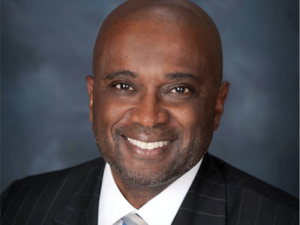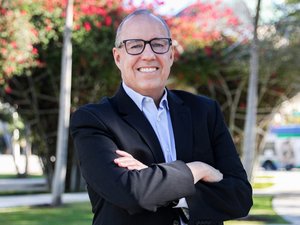
A new report says that high D.C. living costs, traffic and high crime levels may push millennials out of the D.C. metro area.
American University's second annual Kogod Greater Washington Millennial Index reports that millennials, those born between 1981 and 1999, look at the following factors when deciding on a place to live: job availability, salaries, housing costs, crime rates and commutes. The report says the metro area scored well on salaries and the job market, yet only 10 percent of those surveyed said they love the area and plan to stay forever.
The report ranked the D.C. area second compared to the top 20 U.S. cities, with San Francisco in the top position for its "moderate weather and tech-heavy job market." And it seems that D.C. was ranked second for good reason: The average salary in the D.C. area is $65,910, 39 percent above the national average of $48,320; The D.C. area continues to be a white-collar saturated market with 52 percent of millennials over 25 holding a bachelors degree and 24 percent of all D.C. area millennials over 25 have a graduate or professional degree; D.C. metro area's unemployment rate is 23 percent lower than the U.S. as a whole.
"Millennials will be half of the American workforce in three short years," said Dawn Leijon, lead researcher for the report and executive-in-residence at Kogod School of Business, in an email to DC Inno. "Business and government leaders need to make sure they are attracting and retaining this huge segment if they want their businesses and cities to stay vibrant and innovative."
However, the upsides might not be enough to keep millennials in the area, the report says. Only 12 percent of millennials surveyed felt confident in their ability to afford a home in the area. Thirty-nine percent of millennials said they are concerned about D.C. area's crime rate which is 46 percent worse than the national average, according the report. And commutes in the D.C. area—not-so-shockingly—are the second worst in the 20 metropolitan areas included in the index.
WMATA's recent woes also threaten to jeopardize the region's attractiveness. The report also states that 60 percent of millennials drive alone to work, and 57 percent said they would commute using Metro, but "do not because it is unreliable, time consuming and/or expensive."
Now, for longtime residents, this is probably a roundup of all the things you already knew. But when considering how to keep millennials in the area, it seems important to look at childcare and healthcare costs, factors that are new to the 2016 report.
In D.C. and the surrounding areas, childcare is 15 percent less affordable than the national average. At the same time, healthcare is more affordable in the area compared to the national average.
"Millennials are marrying and having children later than some previous generations but they are not giving up those traditional goals altogether," said Eran Carmel, Kogod's Business in the Capital initiative director, in a press release. "As millennials get older and have children, their priorities shift. They rank affordability as their top priority and care more about work/life balance issues than their peers without children."
Image used via CC0 Public Domain — credit Library of Congress Prints and Photographs Division




